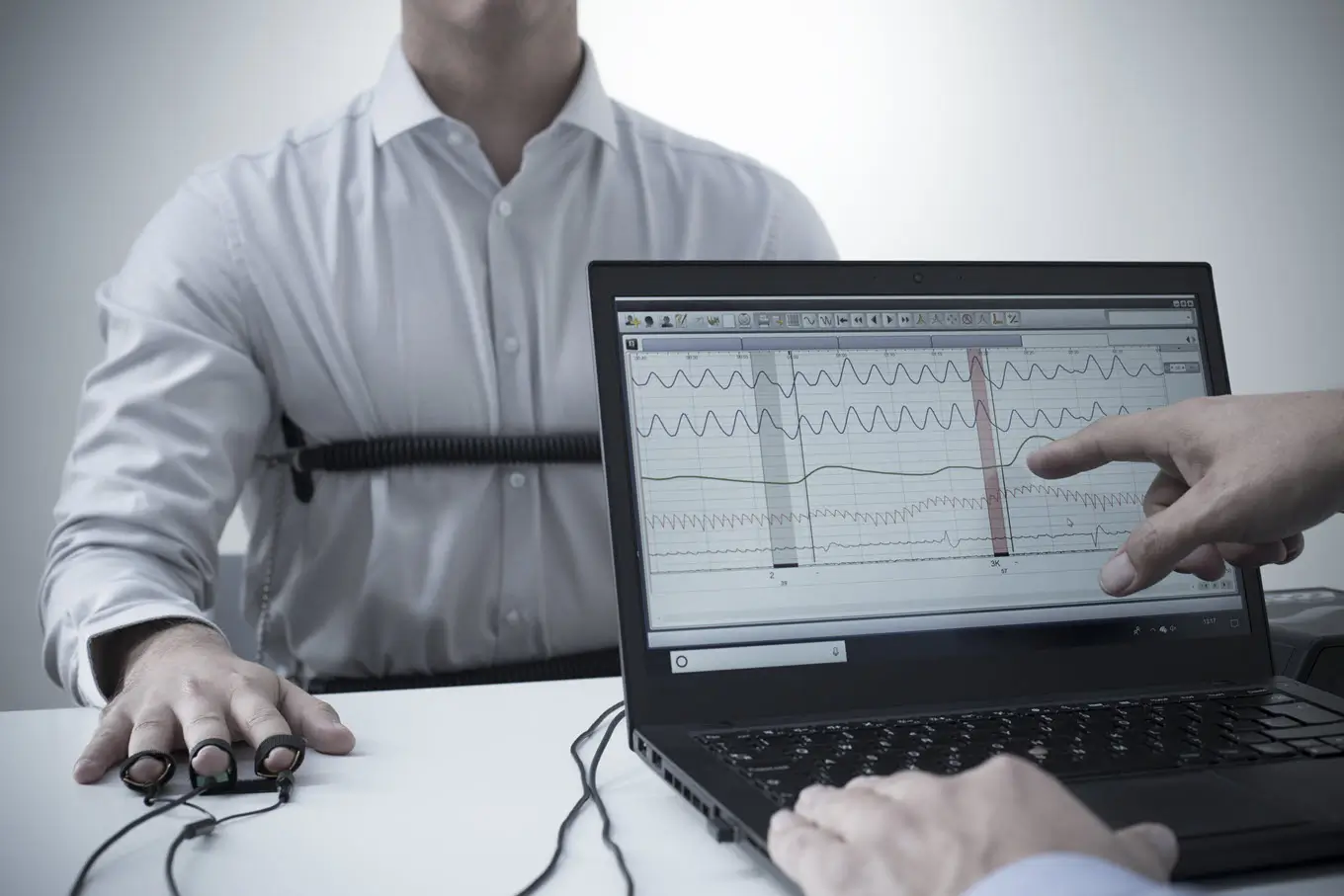A lie detector test, also known as a polygraph, is a tool used to determine whether a person is being truthful or deceptive. Although not admissible as evidence in many courts, it is often used by employers, law enforcement, and private individuals in the UK to verify honesty in various situations. Preparing for a lie detector test can be nerve-racking, especially if you’re unsure what to expect. This guide provides expert advice on how to get ready for a lie detector test UK and what you can do to improve your experience.
What Is a Lie Detector Test?
A lie detector test measures physiological responses to questions in order to detect whether someone is lying. During the test, several sensors are attached to the person being examined, monitoring things like heart rate, blood pressure, respiration, and skin conductivity. These physical responses are tracked and analyzed, as it is believed that when someone lies, their body exhibits stress responses that can be detected by the polygraph machine.
Polygraph tests are most commonly used in criminal investigations, pre-employment screenings, and personal disputes, but they have their limitations. While the polygraph measures physiological responses, it doesn’t directly detect lies; rather, it detects emotional reactions that may indicate deception. It is important to remember that the test is not foolproof, and various factors can affect the results.
Understanding How a Lie Detector Test Works
Before we dive into how to prepare, it’s crucial to understand how a lie detector test operates. The polygraph machine records physiological responses through sensors placed on the body. The test consists of a series of questions, and the person being tested must respond either “yes” or “no.” These questions can be categorized into three types:
- Control Questions: These are baseline questions that are not related to the main issue but are used to observe your physiological responses when answering general questions.
- Relevant Questions: These questions are directly related to the issue or situation being investigated.
- Irrelevant Questions: These are neutral questions that have no bearing on the issue and are asked to measure your normal responses when there’s no reason to lie.
The examiner compares your responses to these different types of questions to determine if there are significant differences between the control and relevant questions. If your body shows heightened stress responses when answering the relevant questions, the examiner might interpret that as a sign of deception.
What Happens Before the Test?
Before the actual test begins, there is usually a pre-test interview. This interview serves several purposes: it helps the examiner establish a rapport with you, go over the test procedure, and explain the types of questions that will be asked. The examiner may also use this time to review any concerns or topics related to the issue at hand.
During this phase, it’s important to be honest and cooperative. The pre-test interview is not just for the examiner’s benefit but for yours as well. It can help calm your nerves and make you feel more comfortable with the process.
Preparing for the Test
Preparing for a lie detector test involves both mental and physical preparation. While the polygraph machine measures physiological responses, the way you approach the test mentally can have a big impact on your experience and the results.
1. Get Plenty of Rest
One of the most important things you can do before a polygraph test is to get enough sleep. Being well-rested will help you remain calm and composed during the test. Fatigue can make it harder to focus, and it may increase your stress levels, which could lead to false readings on the polygraph. Aim for at least 7-8 hours of sleep the night before your test.
2. Stay Hydrated and Eat Well
It’s also essential to take care of your physical needs before the test. Drink plenty of water and eat a healthy meal a few hours before your test. Avoid heavy meals, caffeine, and sugar, as they can cause fluctuations in your body’s responses, potentially affecting the accuracy of the test. Being hungry or dehydrated can make you feel uncomfortable and distracted, which could also affect the results.
3. Stay Calm and Focused
One of the key challenges of taking a lie detector test is managing your stress levels. It’s natural to feel nervous, but excessive anxiety can trigger physiological responses that may be interpreted as deceptive. Try to remain as calm as possible by practicing relaxation techniques such as deep breathing or mindfulness. Before the test, take a few deep breaths and remind yourself that the polygraph is not designed to punish you but to get to the truth.
4. Be Honest and Open
The best way to pass a lie detector test is to tell the truth. If you attempt to deceive the examiner or withhold information, your body’s physiological responses will likely give you away. It’s better to be open and truthful from the start, even if you’re worried about the outcome. Being forthright during the pre-test interview and during the actual test will reduce your anxiety and help you respond more naturally to the questions.
5. Know What to Expect
Being familiar with the process of a polygraph test can ease your nerves. Do some research on what happens during a test and what types of questions you might be asked. Understanding the format and flow of the test can help you feel more prepared and less anxious when the time comes.
What Should You Avoid Before a Lie Detector Test?
Certain behaviors and habits can interfere with the results of a lie detector test. To give yourself the best chance of success, here are a few things you should avoid:
- Don’t Take Medication That Affects Your Heart Rate or Nervous System: Certain medications, especially those that affect your heart rate, blood pressure, or nervous system, can impact the accuracy of the test. If you are on medication, it’s best to inform the examiner beforehand so they can take it into consideration.
- Don’t Attempt to Cheat the Test: Some people may try to manipulate the results by controlling their breathing or causing themselves physical discomfort, but this is not recommended. Examiners are trained to spot attempts to cheat the polygraph, and trying to deceive the machine could result in inaccurate results.
- Don’t Drink Alcohol or Use Recreational Drugs: These substances can alter your body’s physiological responses and lead to inaccurate readings. Avoid alcohol and drugs for at least 24 hours before the test.
What Happens After the Test?
Once the test is complete, the examiner will analyze the data and provide a report on your results. In some cases, you may receive the results immediately, but in other cases, it might take a few days. The results will typically be shared with the person or organization requesting the test, whether that’s an employer, law enforcement agency, or private individual.
If you fail the test, it’s important to remember that the polygraph is not always 100% accurate. There are many factors that can influence the results, including nervousness, anxiety, or medical conditions. If you believe the test results are incorrect, you may have the option to retake the test or provide additional information to clarify the situation.
Conclusion
Taking a lie detector test can be a stressful experience, but by preparing properly and staying calm, you can make the process much easier on yourself. Remember that the most important thing is to be honest and forthcoming during the test. Follow these expert tips to prepare both mentally and physically for your polygraph, and approach the test with confidence, knowing that you are ready for whatever questions come your way.

